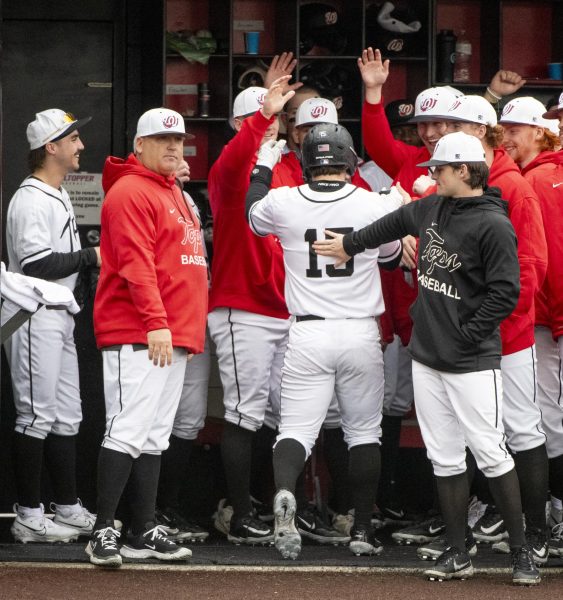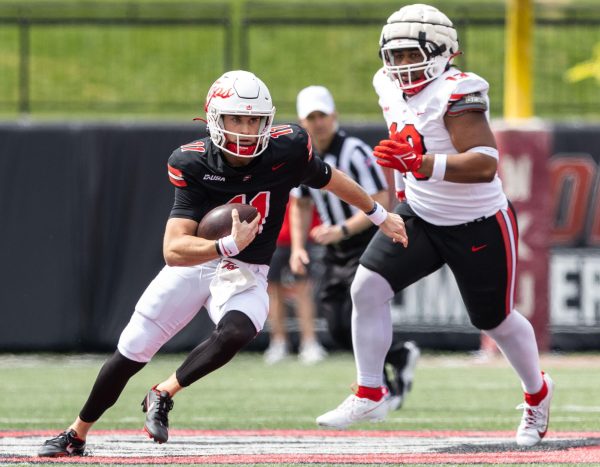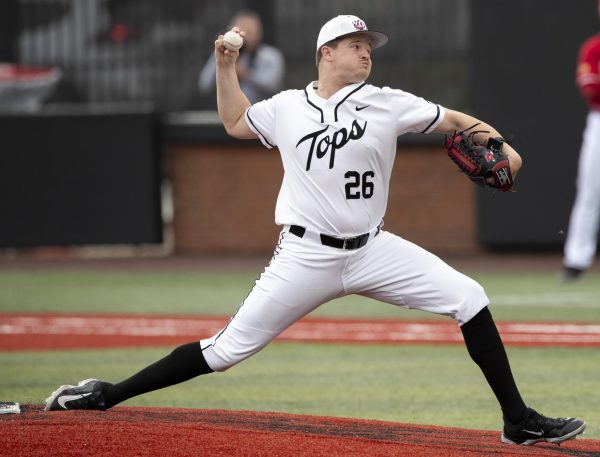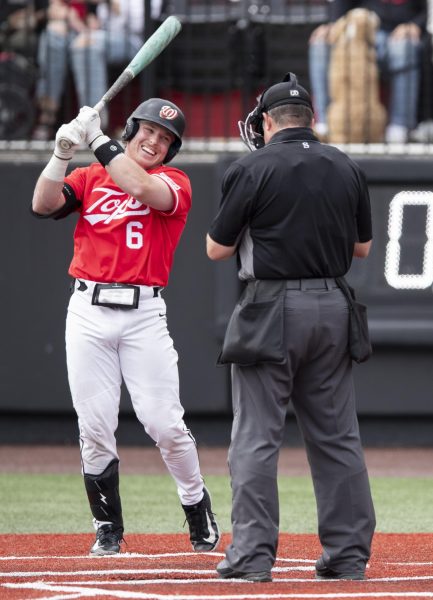WKU’s statement on George Fant, T.J. Price’s NCAA rules violations
November 15, 2011
Statement from WKU Athletic Department
We have been informed by the NCAA that George Fant and T.J. Price are not eligible to participate in WKU’s first six basketball games of the 2011-12 season due to a violation of NCAA rules regarding their summer employment. This is a very complicated matter that involves numerous items out of the control of WKU’s basketball program and the university.
There is a heightened nationwide focus by the NCAA of men’s basketball and this case was reviewed by the newly formed men’s basketball focus group. The penalty followed the formula used by the NCAA student-athlete reinstatement guidelines.
George, T.J., and the men’s basketball staff followed proper protocol in order to participate in a summer job program, and their specific employer was approved by the WKU compliance office in accordance with NCAA rules.
The issue is not with the company or with their specific job duties; the issue involves assurances made to them by an individual at the company regarding the specific aspects of their employment.
Head Coach Ken McDonald learned on the evening of Thursday, November 10 that George and T.J.’s immediate supervisor misled them as to the policies and procedures of the company’s program. Coach McDonald and WKU compliance acted immediately, and based on the facts of this situation including WKU’s self reporting of the matter, we believe the six-game penalty is excessive and have submitted an appeal to the NCAA. At this time, George and T.J. are not permitted to play through WKU’s game with VCU on November 23, and we hope for an expedited response.
In June of 2011, George and T.J. were approached by an individual who acts as a case manager for individuals and families participating in a government program. The two agreed to be employed as service providers for qualifying area families. The case manager’s proposal to have George and T.J. work in this manner was approved by the WKU athletics compliance office.
The case manager falsified paperwork for their work to be performed later, and explained that the program allowed payment in advance. Following this, George and T.J. contacted the case manager concerning their work schedule and to find out the specifics of their job duties. They were assured by the case manager that they would begin work soon.
The activities of the case manager in general are the subject of a current investigation by the agency administering the program. As a result, we are not able to make any further comment about the nature of the company, the case manager, or the investigation at this time.























